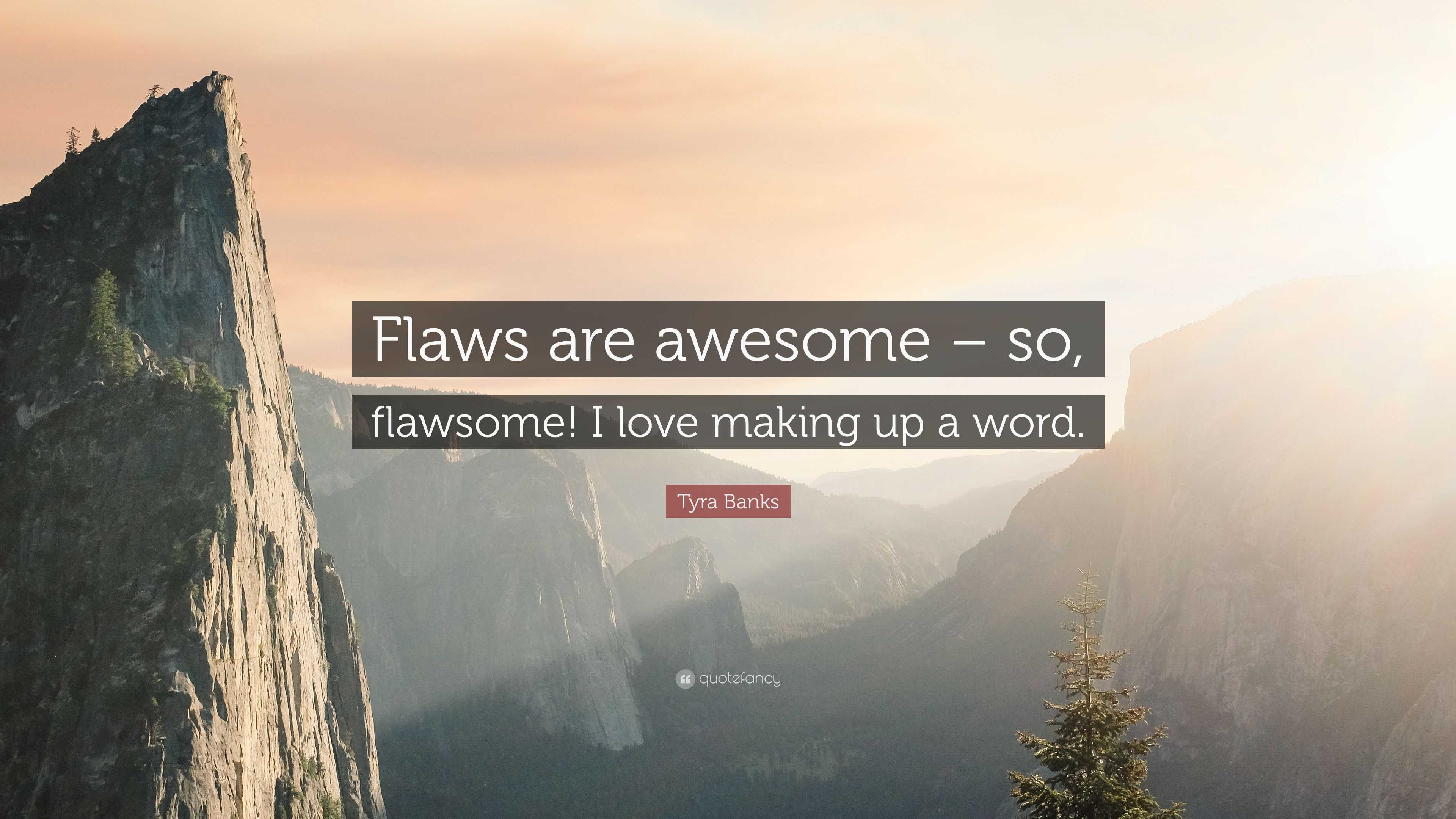No one’s perfect, and the sooner we accept ourselves with all
our flaws, the happier we will be. That’s according to feedback expert, Georgia
Murch, who has written a comprehensive guide to becoming more self-aware and
acknowledging that how we behave affects both ourselves and others around us.
It’s delivered in a punchy, positive and Aussie style, and it makes a lot of
sense. She writes that ‘this is a book for those who would like to stop being
good enough for others, and start being themselves.’ And who doesn’t want that?
Many of our attitudes that we hold about ourselves are outdated and unhelpful. Murch points out, “We throw food out when it is past its use-by-date: why don’t we do the same for our unhealthy thinking patterns and behaviours that don’t serve us?” The important thing is to become self-aware; to notice one’s triggers and manage emotions. “It’s as simple as seeing the truth of what we do, how we think and what we say. That’s it. It’s observation without the judgement. It’s where you learn to be a beautiful mess; to be full of flaws and awesome because of them, not in spite of them. It’s seeing your humanity in all its colours and forms.”
The word flawsome was originally coined by Tyra Banks, who was publicly criticised for the way she looked, so she embraced her so-called imperfections and created a stunningly successful TV franchise encouraging other women to do the same. If we notice what we are doing and why, we have the potential to change our response. If we observe how we react under pressure – the fight or flight response – we can learn to address the situation differently. “Fighters need to replace being right with being curious. Flighters need to replace an exit strategy with an entry one.”
Many of us are
held back by the weight of expectations, which make us act how we think we
should. We can also struggle with
comparisons, which stop us from understanding the ‘real truth’ when we decide
if something is good or bad based on relating it to others. If we base our
self-evaluation on how we compare with others, “We are literally giving our
sense of self over to be defined by external things and people. Others become
the benchmark of our own success and happiness.” This doesn’t mean we should ignore
other people or their emotions and perspectives, but we can choose whether or
not to take them on board. We don’t have to agree with the other person,
but we do need to listen and try to understand.

No comments:
Post a Comment